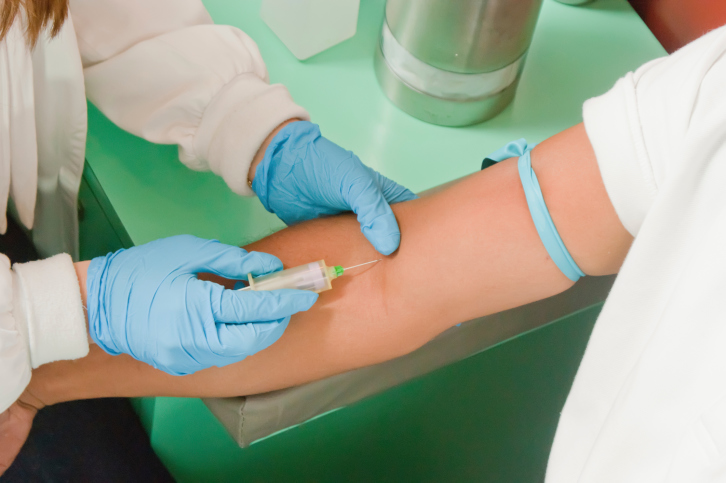June 27th is National HIV Testing Day. While the thought of getting an HIV test can be scary, what’s even scarier is not knowing your HIV status. One in five Americans living with HIV is unaware that they have it; those people are not getting the care and treatment they need, and they’re also a risk of unknowingly infecting others.
The Centers for Disease Control and Prevention (CDC) has compiled a list of behaviors that can increase your risk of contracting HIV. If you answer yes to the behaviors included on the list, the CDC recommends getting tested for HIV.
Regardless of whether you engage in the activities on the CDC’s list, there are many other reasons to get tested for HIV. Getting tested will give you peace of mind because you’ll know your HIV status. You’ll also have an up-to-date, accurate HIV status to share with your partner(s), which can make them feel more comfortable. If you do test positive, you can talk to your doctor and begin a treatment plan. And if you are pregnant or thinking of becoming pregnant, you can take steps to have a healthier baby—medical care and certain drugs given during pregnancy can lower the chance of a woman passing HIV to her baby.
Resources for HIV Testing:
- Your primary care doctor. Don’t currently have a doctor lined up? If you are a Health Advocate member, give us a call for help finding a local, in-network doctor.
- HIVtest.org can also help you find an HIV testing location.
- The AIDS Service Organization provides the ASO Finder, which you can use to locate resources for testing and counseling.
According to Aids.org, it can take up to six months for HIV to be detected during testing. If you get tested before six months have passed since the last time you engaged in any activity during which you were at risk for contracting HIV, you should test again once that six-month mark has passed. This way, you can be certain your test results are accurate.
Don’t let fear of the disease stop you from getting tested. Use National HIV Testing Day as a reminder to make your health a priority and get tested for HIV. Remember, you’re not just doing it for yourself –you’re also doing it for the sake of those you love.



